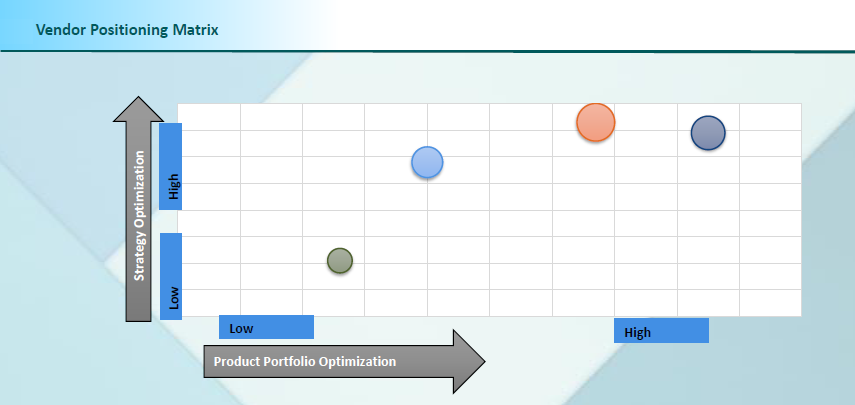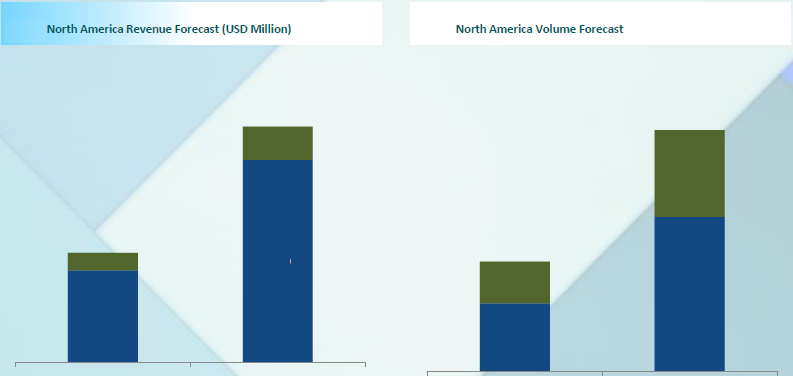The global immunotherapy drugs market is expected to grow at a CAGR of 11.5% to US $278.2 billion by 2025, up from US $158.7 billion in 2019.
Table of Contents
Immunotherapy Drugs Market – Introduction
The global immunotherapy drugs market is expected to expand at a very fast growth rate in coming years. The immunotherapy drugs market is segmented on the basis of type, indications, and geography. Immunotherapy drugs are drugs that utilise the body’s natural immune system to fight a disease or to protect the body from any adverse effects of an ongoing treatment by either stimulating the naturally present defence mechanism of the body or by restoring the depleted immune system of the body. Immunotherapy drugs are the most prevalent for the treatment of various cancers and autoimmune diseases. They are also widely used by patients who have undergone transplant operations. The primary reason for the growth of the immunotherapy drug products market can be attributed to the growing number of cancer patients globally.

| Aspect | Details |
|---|---|
| Base Year of Estimation | 2016 |
| Value Estimation Year | 2017 |
| Forecast Period | 2017 – 2025 |
| Market Segmentations | By Types, Indications, Regions |
| Regional Scope | North America, Europe, Asia Pacific, Middle East & Africa, South America |
| Report Coverage | Market Dynamics, Segmentation Overview and Competitive Landscape of the market |
What Are the Driving Factors for Immunotherapy Drugs Market?
- Growing number of patients diagnosed with various types of cancer.
- Growing number of patients diagnosed with various types of autoimmune diseases.
- Increasing demand of immunotherapy drugs for patients who have undergone a transplant surgery.
Market Dynamics
As of 2016, growth in demand for immunotherapy drugs is driven by factors including growth in the number of patients diagnosed with various types of cancer, growth in the number of patients diagnosed with various types of autoimmune diseases, and the growing demand for immunotherapy drugs for patients who have undergone transplant surgery. The number of people diagnosed with various types of cancer has been growing at a significant pace for the past few years. As per the World Health Organization’s data, approximately 8.8 million people died from cancer in 2015, while approximately 14 million people were diagnosed with cancer in 2012. Immunotherapy drugs are generally used as anti-cancer medicines or as adjuvant therapies. Rituximab and bevacizumab can be cited as examples of the same. Hence, the growing numbers of cancer patients globally are expected to act as a push factor for the immunotherapy drugs market.

Additionally, immunotherapy drugs are also prescribed and administered for autoimmune diseases, such as rheumatoid arthritis. With the growth of the world population, there has been a significant growth in the number of patients suffering from autoimmune diseases. Such growth in autoimmune disease patients has also led to increased usage of immunotherapy drugs, thus again positively impacting the growth of the market. Furthermore, immunotherapy drugs are required by all patients who have undergone organ transplants to prevent the rejection of the donor’s organ by the recipient’s body. Hence, such patients are required to consume these immunotherapy drugs, also known as immuno-suppressants, for the rest of their lives. This has further boosted the growth of the market.

However, relatively higher costs have been restraining the growth of the market in several emerging economies, where there is the presence of a large patient pool for these drugs. Also, concerns about side-effects of immunotherapy drugs have also been restraining the growth of the market. Lack of suitable alternatives and prescription of these drugs for various other indications, including orphan diseases, can be expected to provide good future growth opportunities for the market of immunotherapy drugs.
Market Segmentation Overview
The immunotherapy drugs market, on the basis of types, has been segmented into monoclonal antibodies (MAB), interleukins, interferons, colony stimulating factors (CSFs), and others. Other segments cover immunotherapy drug types such as therapeutic vaccines, checkpoint inhibitors, etc. Due to their applications in a wide range of indications, MAB was the largest individual segment in 2016 globally. Check point inhibitors were the fastest growing segment in 2016. On the basis of indications, the market for immunotherapy drugs has been segmented into anti-cancer drugs, drugs for autoimmune diseases and others. Other segments cover indications such as allergies, organ transplants, and hepatitis-C, among others.
| By Term | Segments |
|---|---|
| By Types | MAB, Interleukins, Interferons, Colony Stimulating factors, Therapeutic Vaccines, Checkpoint Inhibitors and others |
| By Indications | Anti-Cancer Drugs, Drugs for Autoimmune Diseases, Allergies, Organ Transplant, Hepatitis-C and others |
| By Regions | North America, Europe, Asia Pacific, Middle East & Africa, South America |
By geography, the market has been segmented into North America, Europe, Asia Pacific, Middle East & Africa (MEA), and South America. In terms of revenue, North America held the largest share of the immunotherapy drugs market, followed by Europe. Asia-Pacific is expected to become the largest market for immunotherapy drugs by the end of 2025.
Competitive Landscape
Leading players operating in the immunotherapy drugs market are Bristol-Myers Squibb (the U.S.), Merck & Co., Inc. (The U.S.), F. Hoffmann-La Roche Ltd. (Switzerland), Pfizer, Inc. (The U.S.), GlaxoSmithKline Plc (The U.K.), Amgen, Inc. (Russia), Novartis AG. (Switzerland), Eli Lilly and Company (the U.S.), Astra Zeneca Plc (The U.K.) and Johnson & Johnson (The U.S.), among others. As compared to North America and Europe, concentration of immunotherapy drug producers is relatively low in countries from Asia Pacific, Middle East and Africa (MEA) and South America.
| Headquarters | Corporations |
|---|---|
| The U.S. | Bristol-Myers Squibb, Merck & Co., Inc., Pfizer, Inc., Eli Lilly and Company, Johnson & Johnson & others |
| Switzerland | F. Hoffmann-La Roche Ltd., Novartis AG. & others |
| The U.K. | GlaxoSmithKline Plc, Astra Zeneca Plc & others |
| Russia | Amgen, Inc. & others |



